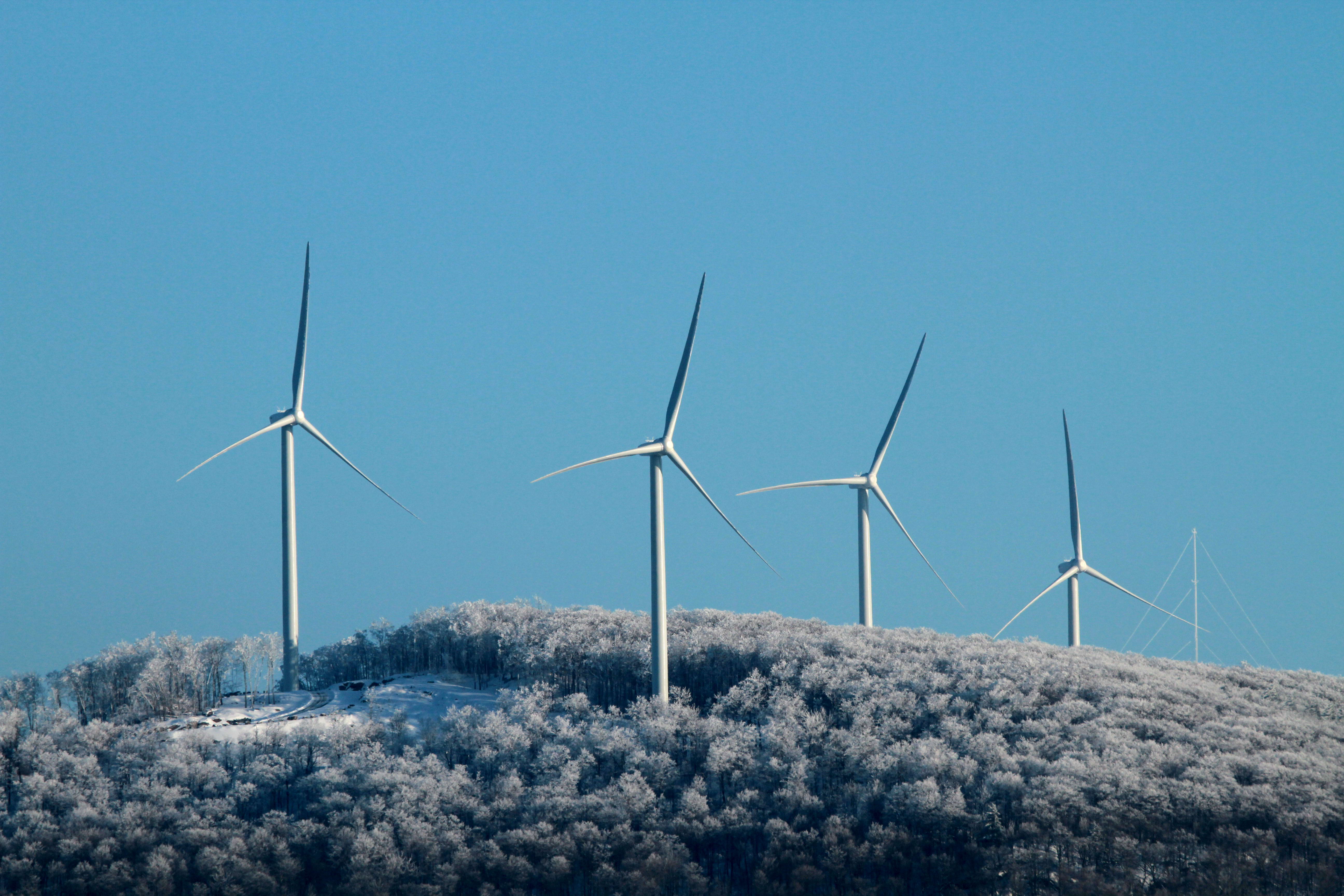The Georgia Mountain Community Wind (GMCW) project has announced that its annual energy production exceeded expectations by more than 22%, producing more than 33,000,000 kWh of Vermont-made renewable energy in 2015. This is enough renewable energy to power more than 5,500 Vermont households, according to GMCW.
Energy production from the four-turbine project represents a 37.8% net capacity factor, making it the best-performing wind project in Vermont. The facility’s yearlong average availability was 97%.
The project in Milton, Vt., and Georgia, Vt., produced enough energy to account for 9.5% of Burlington Electric Department’s (BED) energy demand. Burlington’s municipally owned electric utility buys 100% of the wind farm’s production through a long-term, stably priced contract and sells the associated renewable energy credits.
GMCW makes substantial state and local tax contributions, paying approximately $92,000 to the host communities of Georgia and Milton and over $97,000 in production tax payments to the Vermont Education Fund, which helps all municipalities provide Vermont children with quality education.
Two local business leaders and life-long Vermonters own the community wind facility: renewable energy manufacturer and developer David Blittersdorf, Jim Harrison and the Harrison family of Milton.
“Vermont wind is working,” says Blittersdorf. “It’s working for our environment, for our local economy and for our state’s energy security.”
“Wind power was a key factor in Burlington Electric’s milestone achievement of sourcing 100 percent of our energy from renewable generation and constitutes an important piece of our renewable energy portfolio,” says Neale Lunderville, general manager of BED. “At BED, we are big fans of clean, green, stably priced wind energy.”
Three of Vermont’s wind projects contributed $940,000 to the Vermont Education Fund in 2015 alone. The Kingdom Community Wind Project in Lowell, Vt., also reported a 7% increase in annual production during 2015. Increased energy production from these projects reduces reliance on out-of-state energy sources and enables increased economic benefits to local communities and the state of Vermont.




